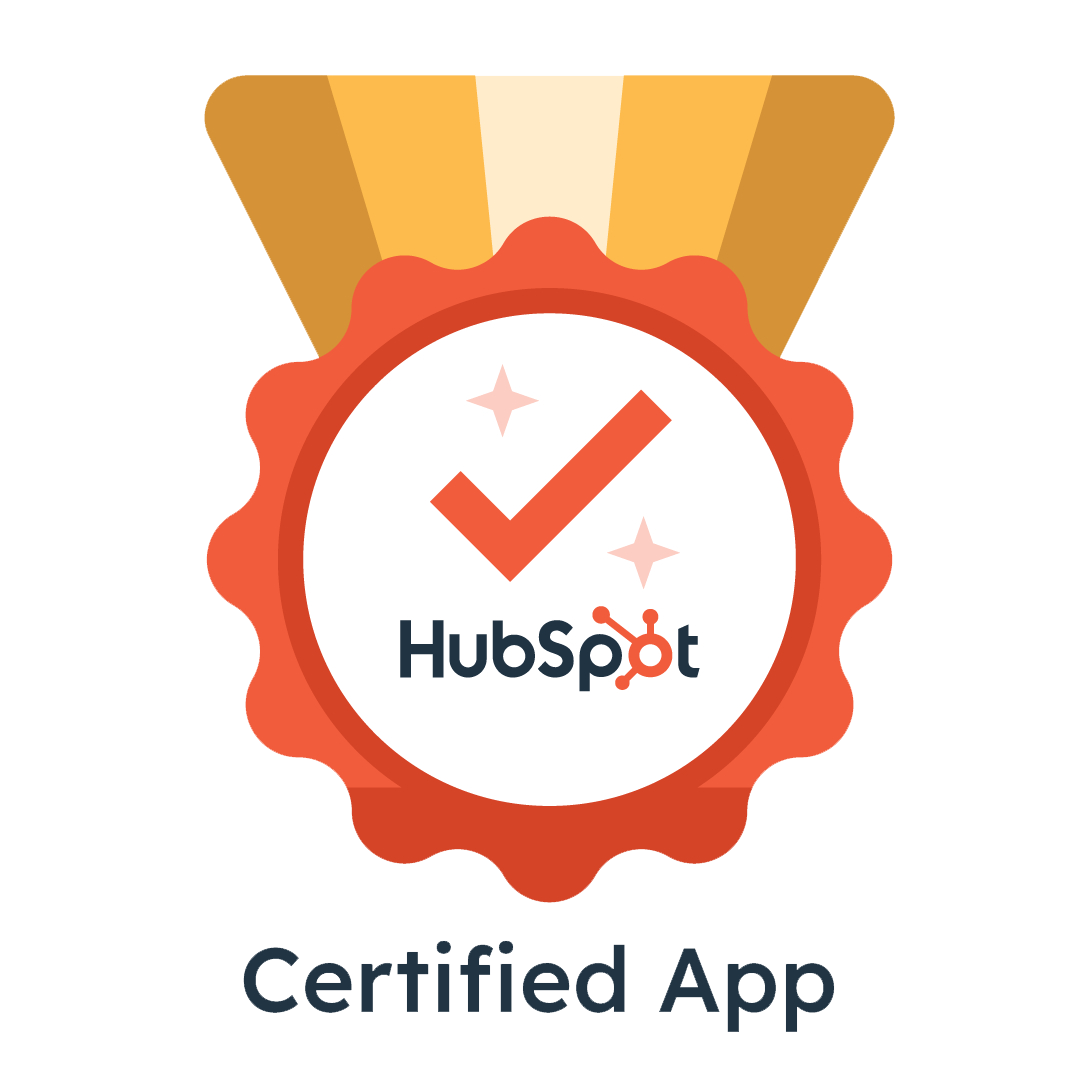Keynote
Keynote
A keynote is a central presentation or speech delivered at an event, conference, or trade show that sets the tone and theme for the entire gathering. It is typically given by a prominent speaker or expert and aims to inspire, inform, or motivate the audience. The keynote plays a crucial role in engaging attendees and framing the event’s overall message. By establishing a clear narrative and direction, the keynote can significantly influence the audience's perception and experience throughout the event.
The Importance of a Keynote in Events
The keynote is often the highlight of an event, designed to capture attention and provide a clear focus for what follows. It serves as a foundation for the event’s agenda, helping attendees understand the main topics and goals. A well-crafted keynote can energize the audience, encourage networking, and create a memorable experience. It sets the stage for subsequent sessions, workshops, and discussions, ensuring that all participants are aligned with the event's objectives.
In trade shows and marketing events, the keynote can also showcase industry trends, introduce new products, or highlight company values. This makes it a powerful tool for brand positioning and thought leadership. By addressing current challenges and opportunities within the industry, the keynote can resonate with attendees, prompting them to think critically about their roles and the future of their fields.
What Makes a Keynote Effective?
An effective keynote combines engaging storytelling with relevant content. The speaker should connect with the audience by addressing their interests and challenges. Visual aids, such as slides or videos, often support the message to enhance understanding and retention. The use of anecdotes and real-life examples can also make the content more relatable and impactful, allowing the audience to see the practical applications of the ideas presented.
Timing is also important; a keynote typically lasts between 30 to 60 minutes, balancing depth with audience attention span. The best keynotes leave attendees inspired and ready to participate actively in the rest of the event. A strong conclusion can reinforce the key messages and encourage attendees to reflect on what they have learned, fostering a sense of community and shared purpose among participants.
Examples of Keynote Topics
- Industry innovations and future trends
- Leadership and motivation strategies
- Case studies showcasing successful projects
- New product launches or company announcements
These topics help align the audience’s expectations and provide valuable insights that resonate beyond the event itself. By selecting relevant and timely subjects, organizers can ensure that the keynote addresses the pressing issues and interests of the audience, making it a pivotal part of the overall experience.
How to Prepare for a Keynote
Preparation involves understanding the audience, defining clear objectives, and crafting a compelling narrative. Speakers often rehearse extensively to ensure smooth delivery and to manage timing effectively. This preparation phase is crucial, as it allows the speaker to refine their message and anticipate potential questions or reactions from the audience.
Event organizers support this process by providing technical resources and coordinating logistics, ensuring the keynote runs seamlessly and leaves a lasting impact. This collaboration between speakers and organizers is essential for creating an environment where the keynote can thrive, allowing for adjustments and improvements as needed.
FAQs About Keynote
What is the difference between a keynote and a regular presentation?
A keynote is typically the main speech that sets the theme for an event, while regular presentations are smaller sessions focused on specific topics. The keynote is designed to engage a broad audience and inspire, whereas regular presentations often provide detailed information or training. This distinction is important for attendees, as it helps them navigate the event schedule and choose sessions that align with their interests and needs.
Who usually delivers a keynote speech?
Keynotes are often delivered by industry leaders, experts, or well-known figures relevant to the event’s theme. Sometimes, company executives or special guests are chosen to provide authority and credibility to the message. The selection of the keynote speaker can significantly impact the event's success, as a respected figure can draw in attendees and enhance the overall experience.
How long should a keynote speech be?
Most keynotes last between 30 to 60 minutes. This length allows enough time to cover important points without losing the audience’s attention. The exact duration depends on the event format and speaker style. Ultimately, the goal is to deliver a powerful message that resonates with the audience while maintaining their engagement throughout the presentation.





